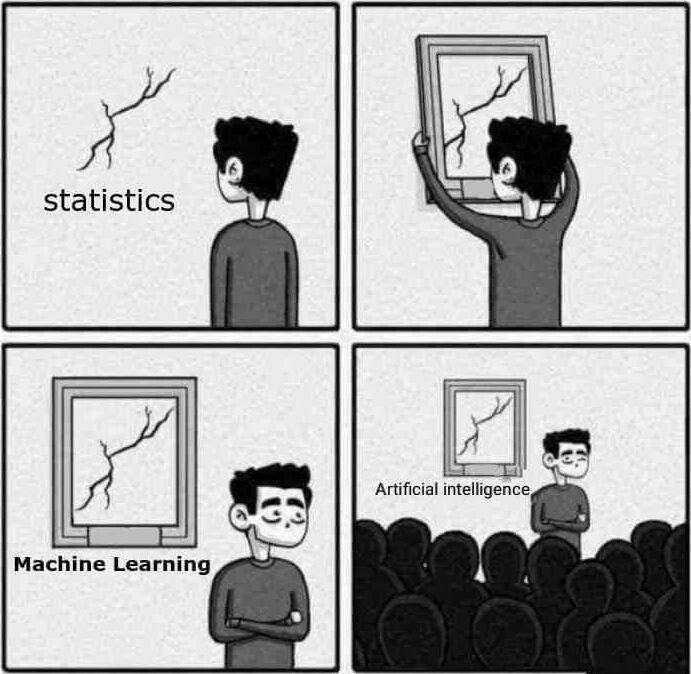Deep tech is often defined as being start-up companies that develop new products based on “scientific innovation or meaningful engineering innovation”. This is as opposed to technological development driven by a specific customer demand.
Examples of deep tech include artificial intelligence, biotechnology and quantum computing. Many deep tech success stories started with work at universities and research laboratories, as addressing most deep tech problems means starting with ideas that require a great deal of initial experimentation and exploration. This has meant many of these ideas have been relatively slow to make it from lab to market.
However, for deep tech, this wait is often well-rewarded as many of the science-based technologies that are created this way are highly disruptive and have huge impacts both on their respective fields and more broadly. Despite the risks and slow realization times, international investment levels in deep tech are rising, as successful technologies have the “potential to drive entire industries towards sustainability”.

At the same time, commercializing deep tech brings advanced technological innovations to the market and makes innovative products benefit society. However, the process of commercializing deep tech is not straight forward and is subject to many challenges. Let’s discuss some of them.
Problem #1
It requires concerted R&D to develop practical business applications and bring them from the lab to the market. For instance, it took researchers decades to develop the underlying tech behind AI and the tech is yet to reach perfection. Moreover, since deep tech is based on unique and innovative technology, they don’t always work as expected. For instance, they may not adapt to the unpredictably shifting markets or may result in the creation of new markets, leading to disruption. But the creation of markets is quite expensive and depends on the identification of a specific niche.
Problem #2
Commercialization of deep tech may be faced with legal and industrial bottlenecks if the tech results in environmental pollution or it violates certain industrial or cultural rules. This is because the development and deployment of deep tech often involves new and emerging technologies that may not have established regulations or guidelines. The innovations are often complex and require significant investment and expertise to bring to market. Legal and industrial bottlenecks associated with environmental pollution or violations of regulations can add further complexity and uncertainty to the commercialization process.
Problem #3
Since deep tech startups require more capital than general tech startups, funding poses one of the top challenges to commercialization. Also, these startups lack standardization and third-party certification which further makes investors and well-wishers skeptical of providing financial aid.
So, how can deep tech companies improve their chance of success in the face of these obstacles? We’ll see.